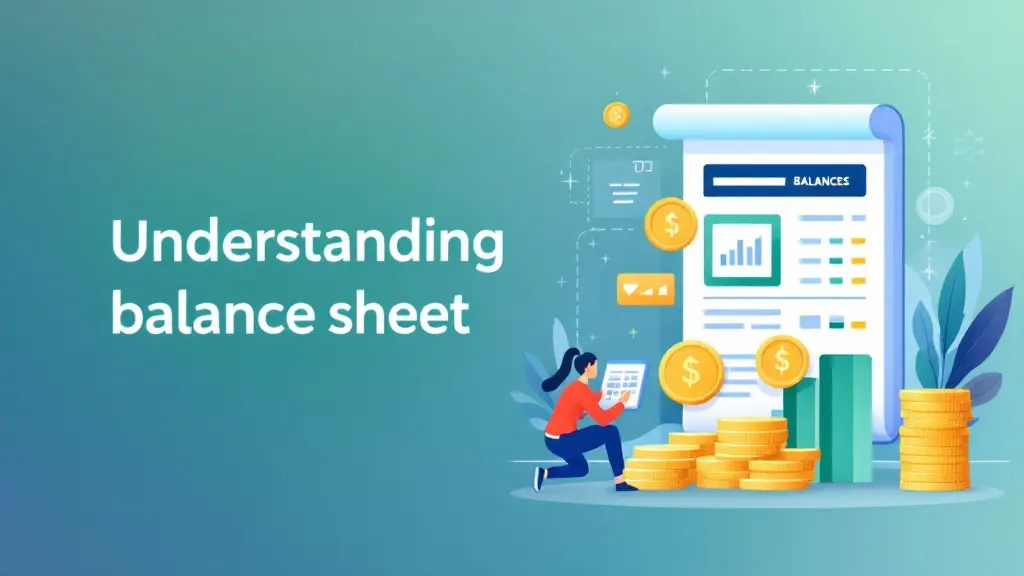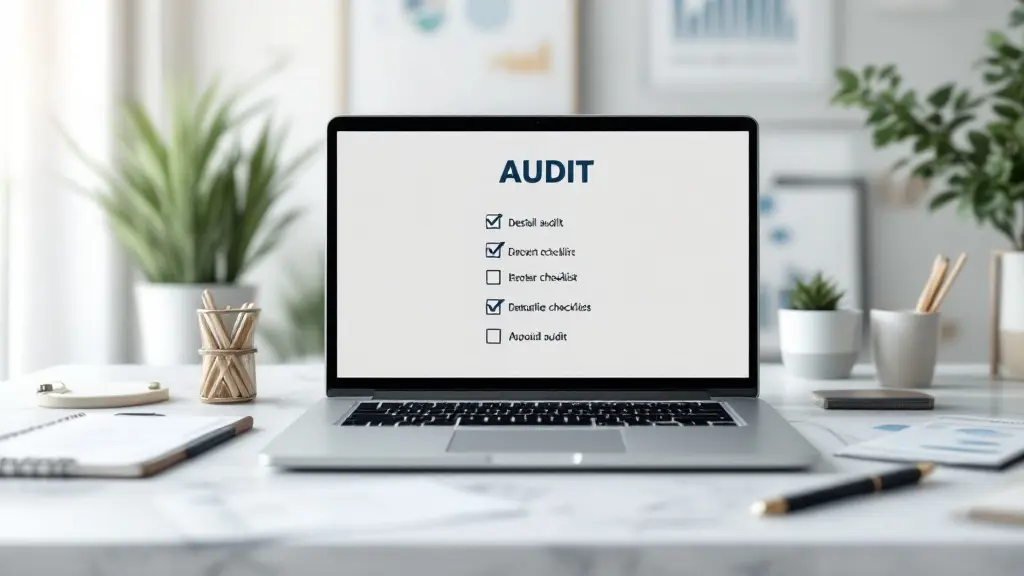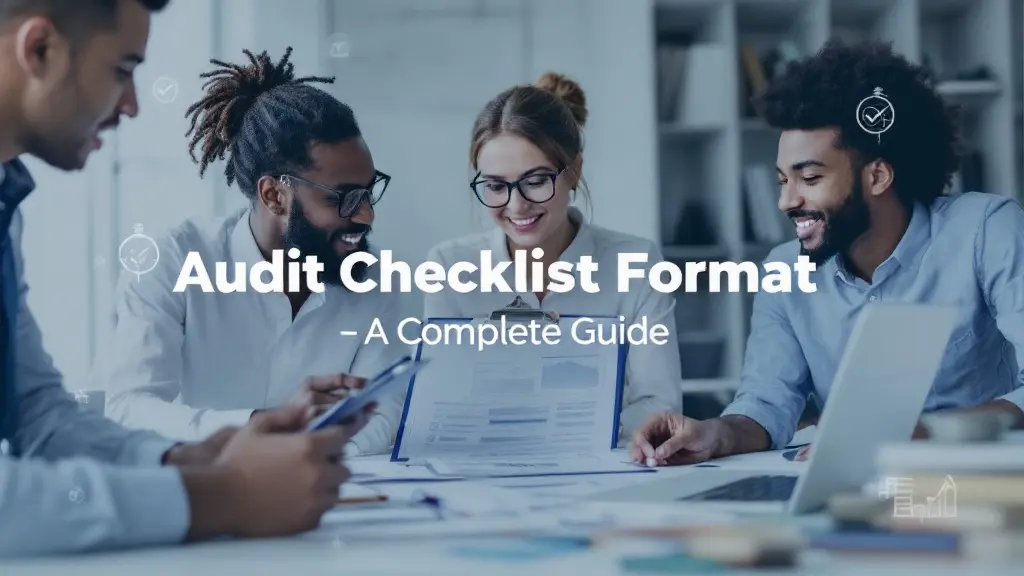Accounting Software Packages: A Complete Guide for Businesses in 2025
Table of Contents
Most Read
[fusion_dropcap class="fusion-content-tb-dropcap"]I[/fusion_dropcap]n today’s fast-moving digital economy, businesses—large and small—are increasingly turning to accounting software packages to simplify financial tasks, save time, and stay compliant with regulations. Whether you’re a startup, a small business owner, or running a growing enterprise, the right accounting software can be your secret weapon for smooth financial management.
In this article, we’ll break down what accounting software packages are, explore the top options in 2025, compare features, and help you choose the best one for your business needs.
What Are Accounting Software Packages?
Accounting software packages are digital tools that help businesses manage their financial records, automate accounting tasks, and generate key reports. These packages typically include modules like:
- Invoicing and billing
- Expense tracking
- Bank reconciliation
- Payroll management
- Tax calculation
- Financial reporting
Rather than juggling Excel sheets or doing manual calculations, accounting software automates these processes, ensuring accuracy, efficiency, and compliance.
Why Your Business Needs Accounting Software in 2025
With GST, e-invoicing, and compliance regulations evolving constantly, businesses can’t afford to make mistakes or miss deadlines. Here’s why using an accounting software package is more crucial than ever:
✅ Saves time and reduces manual effort
✅ Improves accuracy and reduces errors
✅ Provides real-time financial insights
✅ Ensures GST and tax compliance
✅ Simplifies decision-making with visual reports
In short, it’s not just about recording transactions—it’s about gaining control over your business finances.
Types of Accounting Software Packages
Let’s explore the most common categories of accounting software:
1. Desktop Accounting Software
Installed directly on a local system, desktop accounting software is ideal for businesses that prefer offline data storage. However, it lacks flexibility in terms of accessibility and collaboration.
Examples:
- TallyPrime
- Busy Accounting Software
2. Cloud-Based Accounting Software
These run on the cloud, allowing users to access data from anywhere, anytime. They offer real-time collaboration, automated backups, and integration with other apps.
Examples:
- Zoho Books
- QuickBooks Online
- FreshBooks
3. Enterprise Resource Planning (ERP) Systems
ERP software integrates accounting with other business processes like inventory, HR, and CRM. These are more suitable for medium to large enterprises.
Examples:
- SAP Business One
- Oracle NetSuite
- Microsoft Dynamics 365
Top Accounting Software Packages in 2025
Let’s take a closer look at the leading accounting software platforms making waves in 2025:
1. TallyPrime
Best for: Traditional Indian businesses
Tally remains a popular choice due to its GST compliance, multilingual support, and offline capabilities.
Key Features:
- GST-ready invoicing
- Bank reconciliation
- Inventory and payroll management
- e-Invoicing and e-Way Bill generation
2. Zoho Books
Best for: Startups and digital-first businesses
Zoho Books is a cloud-based platform with strong automation and integration features.
Key Features:
- GST-compliant reports
- Automated payment reminders
- Project and time tracking
- Integration with Zoho ecosystem
3. QuickBooks Online
Best for: Freelancers and global businesses
QuickBooks is intuitive and comes with powerful reporting and mobile access features.
Key Features:
- Real-time dashboards
- Bank sync and auto-categorization
- Recurring invoices
- Tax and expense tracking
4. Marg ERP
Best for: Retailers and distributors
Marg ERP is tailored to handle billing, stock, and accounting for retail businesses.
Key Features:
- Batch and expiry management
- Barcode generation
- GST invoicing
- E-commerce integration
5. BUSY Accounting Software
Best for: SMEs and manufacturers
BUSY is known for its strong inventory and manufacturing modules, making it ideal for product-based businesses.
Key Features:
- Multi-location inventory
- BOM (Bill of Material)
- Multi-branch management
- Financial analytics and reports
How to Choose the Right Accounting Software
Choosing the right software package is not a one-size-fits-all decision. Consider the following:
✅ Business Size and Industry
A retail shop’s needs differ from a consultancy firm. Identify software that fits your industry’s workflow.
✅ Budget and Pricing
Cloud software often offers monthly subscriptions, while desktop software might have a one-time license fee. Choose what aligns with your cash flow.
✅ Ease of Use
User-friendliness can be a game changer, especially if you or your team aren’t accounting experts.
✅ Customer Support
Look for responsive customer service, especially during the initial setup and compliance updates.
✅ Compliance and Security
Ensure the software complies with Indian tax regulations like GST, TDS, e-Invoicing, and offers secure data encryption.
Benefits of Using Accounting Software Packages
Here’s what you stand to gain with the right solution:
🔹 Improved Financial Accuracy: Automated entries reduce human errors.
🔹 Faster Billing Cycles: Instant invoicing speeds up payments.
🔹 Tax-Ready Reports: GST and tax returns become a breeze.
🔹 Better Decision-Making: Real-time dashboards help you stay informed.
🔹 Seamless Integration: Many tools integrate with CRM, payroll, and inventory systems.
Challenges You Might Face (and How to Overcome Them)
Like any tech tool, accounting software has a learning curve. Here are some common hurdles:
1. Migration from manual records
Solution: Choose a provider that offers onboarding support and data import tools.
2. Customization limitations
Solution: Look for scalable or modular software that lets you upgrade features.
3. Internet dependency (for cloud tools)
Solution: Ensure you have a stable internet connection or opt for hybrid models like TallyPrime.
Trends in Accounting Software for 2025 and Beyond
As the digital accounting space evolves, here are some emerging trends to watch:
📌 AI-Powered Bookkeeping – Expect more automation in categorizing expenses and flagging anomalies.
📌 Mobile Accounting Apps – Business owners want financial access on the go.
📌 Integrated Compliance Tools – Software will keep evolving with GST and e-invoicing updates.
📌 Collaborative Platforms – Accountants and business owners can work in sync through shared dashboards.
📌 Sustainability Tracking – Some platforms may help monitor ESG (Environmental, Social, Governance) goals too.
Final Thoughts: The Smart Way Forward
The right accounting software package isn’t just a tool—it’s an investment in the future of your business. By automating your financial processes, improving compliance, and offering deeper insights, accounting software allows you to focus on what truly matters: growth.
If you haven’t already adopted one, 2025 is the perfect time to go digital. Whether you’re managing a small team or scaling a multi-location business, there’s a solution out there designed just for you.
Quick Recap: Best Accounting Software Packages in 2025
| Software | Best For | Cloud/Desktop | GST Ready | Free Trial |
|---|---|---|---|---|
| TallyPrime | Traditional businesses | Desktop | ✅ | ❌ |
| Zoho Books | Startups, online biz | Cloud | ✅ | ✅ |
| QuickBooks Online | Freelancers, SMEs | Cloud | ✅ | ✅ |
| Marg ERP | Retailers, pharma | Hybrid | ✅ | ✅ |
| BUSY Software | SMEs, manufacturers | Desktop | ✅ | ✅ |









